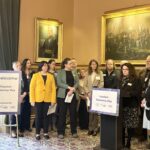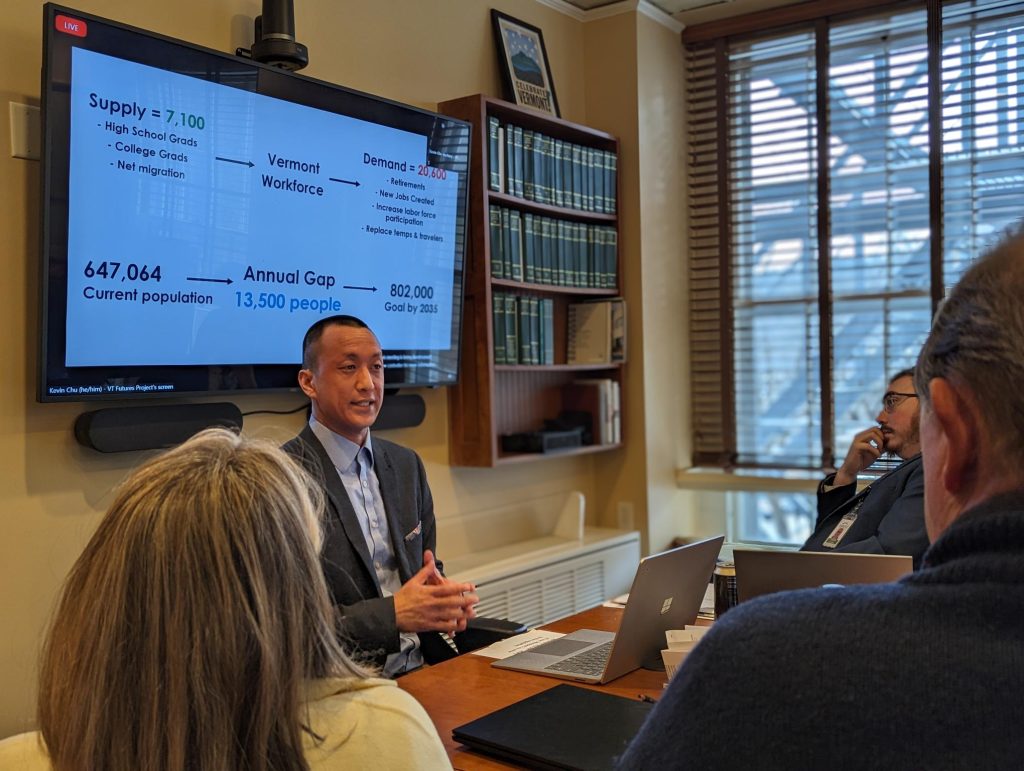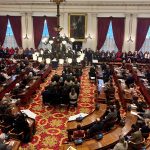House Overrides Bottle Bill Veto
The House voted to override a veto on last session’s “bottle bill,” setting a new trajectory for beverage container management and raising concerns for manufacturers, distributors, and retailers alike. The bill has the potential to disrupt existing recycling infrastructure with an increase in handling fees and the required participation in producer responsibility organizations. The widened scope of the bill could strain current systems, leading to inefficiencies and increased financial burdens on taxpayers.
The bill rewrites the state’s recyclable beverage container redemption law, redefining the scope of “beverage” and “container,” to incorporate an extensive range of liquid products. It includes the introduction of a 5-cent refund on water and sports drink bottles while imposing a 15-cent deposit on wine bottles by 2027. Additionally, it mandates that manufacturers and distributors take part in a producer responsibility organization that is tasked with managing the collection and disposal of these containers.
RECENT ADVOCACY NEWS




 The first testimony of the session in the House Commerce and Economic Development Committee was from the Vermont Chamber’s foundation, the
The first testimony of the session in the House Commerce and Economic Development Committee was from the Vermont Chamber’s foundation, the 


